When mentioning countries in the world with “no poor people”, names like Saudi Arabia, Monaco, etc. may come to mind first. However, when mentioning the richest country in the world with no poor people, we have to mention Qatar - a small, sparsely populated and little-known country.
Many people's impressions of Qatar have only become known since the World Cup was held in 2022. Qatar is located on the Qatar Peninsula on the southwest coast of the Persian Gulf, bordering Saudi Arabia to the south, with a coastline of 563 km and a total area of about 11,521 km2.
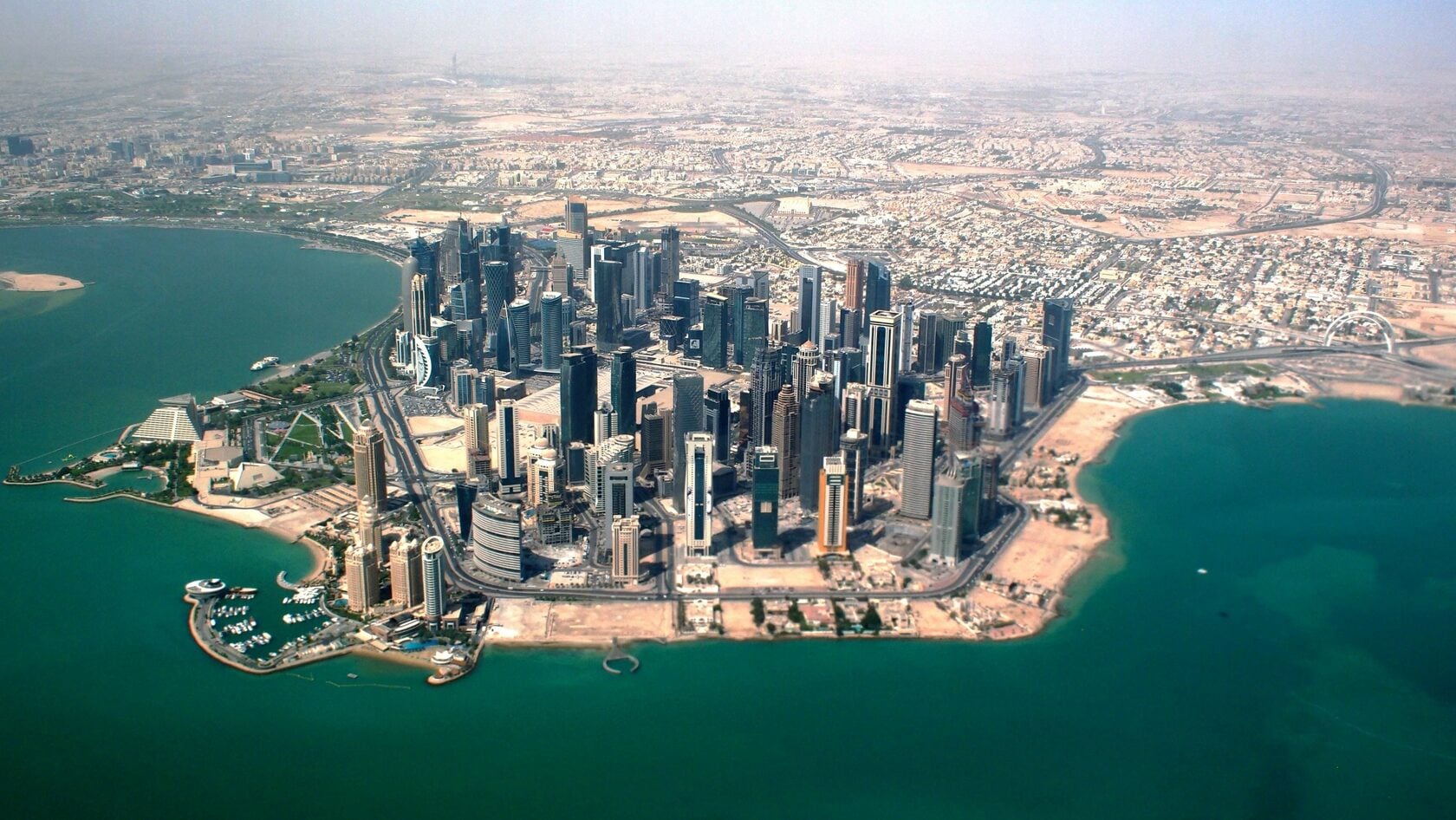
Despite being a small island, Qatar has huge resources. According to the "BP Statistical Review of World Energy" data, Qatar's crude oil reserves rank 14th in the world, with proven reserves of about 25.2 billion barrels, accounting for about 10% of global oil reserves.
According to the United States Geological Survey, Qatar's helium reserves are 10.1 billion cubic meters, the second largest in the world, accounting for 19.4% of global reserves. It is therefore no surprise that Qatar is currently the world's largest producer and exporter of liquefied natural gas, the second largest producer of helium, and one of the world's largest exporters of crude oil. Oil and natural gas are the cornerstones of Qatar's economy , accounting for more than 70% of total government revenue, more than 60% of gross domestic product, and about 85% of export earnings.
Qatar's history dates back to the 7th century AD, when Qatar was part of the Arab Empire. The country was conquered by the Portuguese in 1517. Sani bin Mohammed founded the Emirate of Qatar in 1846 and Qatar declared its independence on September 3, 1971.
Since its independence, Qatar has become arguably the richest country in the world. There are two core reasons for Qatar's wealth: its small population and its abundance of natural resources.
Data shows that as of May 2023, Qatar's total population is about 3 million, but the country's GDP is up to 267 billion USD. Qatar's population accounts for only 0.04% of the world's population but has an impressive GDP per capita of 89,400 USD (about 2.2 billion VND). 250,000 Qatari citizens, or nearly 8% of the country's population, are the richest people in the world, with an average annual income of 400,000 USD (nearly 10 billion VND).
Because the country is so rich, the government literally gives money to its people every year. In addition,education , health care, electricity and water bills, etc. are all free. Basically, all Qatari citizens are fed and provided with essential services for free by the state, so it is difficult to find poor people here.
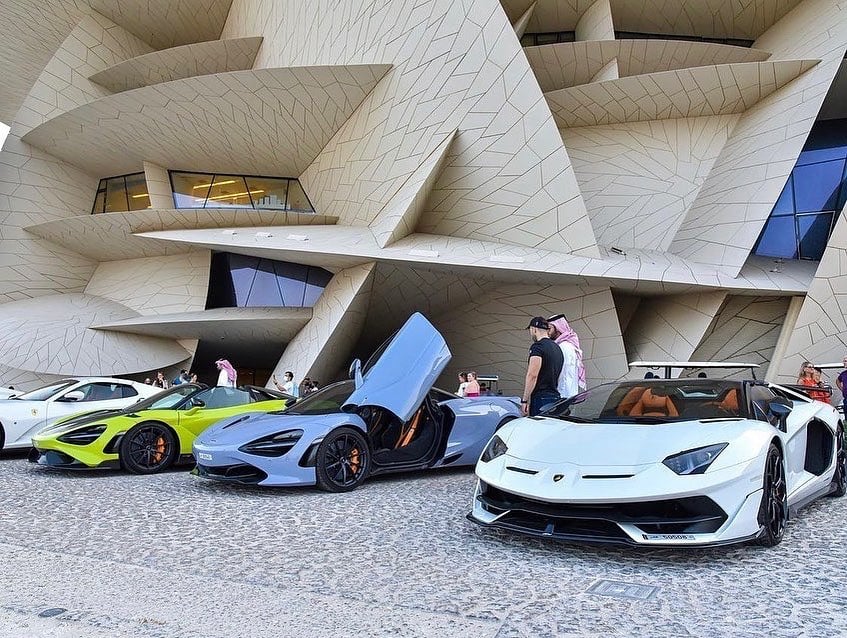
The country's wealth has been on full display during the 2022 FIFA World Cup. Qatar has spent an estimated $300 billion on stadiums and facilities to host the world's most exciting football tournament, more than all previous World Cups and Olympics combined.
The emirate is not only the richest country in the world, it is also one of the fattest. Half of adults and a third of children here are obese, and nearly 17 percent of the population has diabetes. By comparison, only about a third of Americans are obese and 8 percent have diabetes. The problem is that Qataris are so rich they don’t have to work very hard, and have developed a taste for American fast food.
“In Qatar, we just sit and eat junk food,” one resident told The Atlantic. The government has also run campaigns trying to encourage Qataris to eat less and exercise more.
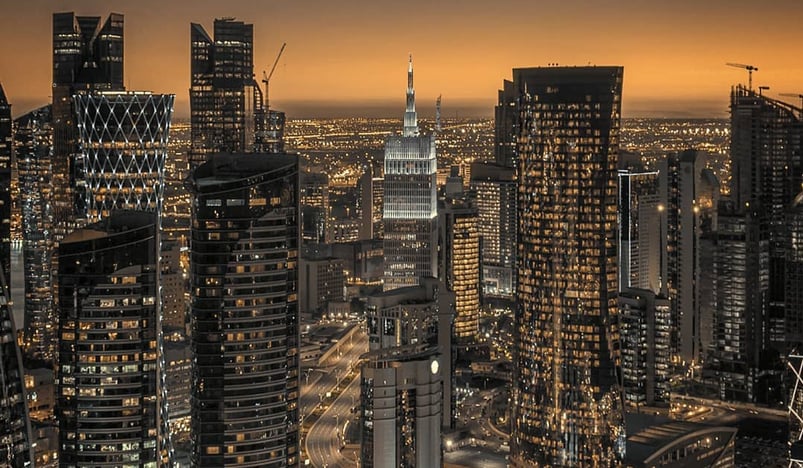
However, despite its wealth, Qatar is not currently a strong immigrant magnet like many other developed countries. The main reason is that it is located in the Middle East and has many cultural differences with the rest of the world. Like many of its neighbors, Qatar is a Muslim country and has its own unique culture and traditions.
At present, Qatar still legally allows polygamy, a man can have up to 4 wives. To be able to live, work and integrate into Qatari society, a foreigner will certainly face many problems. Besides, this country also does not have many policies to attract immigrants because there is simply no demand.
Source



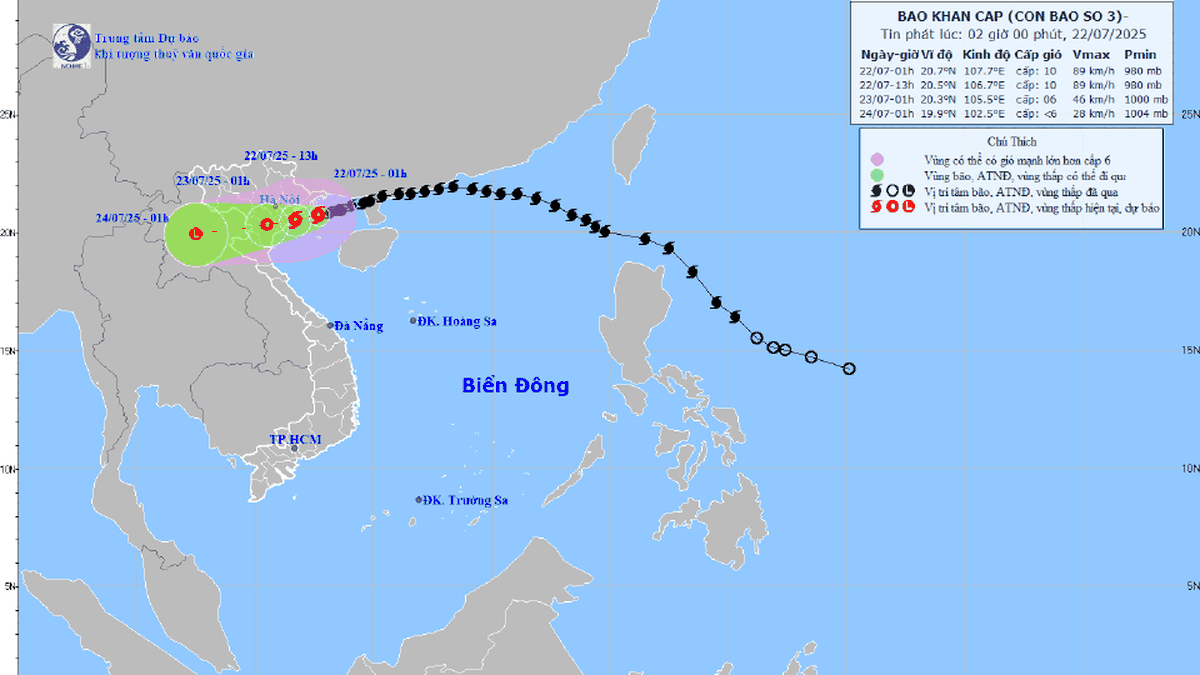

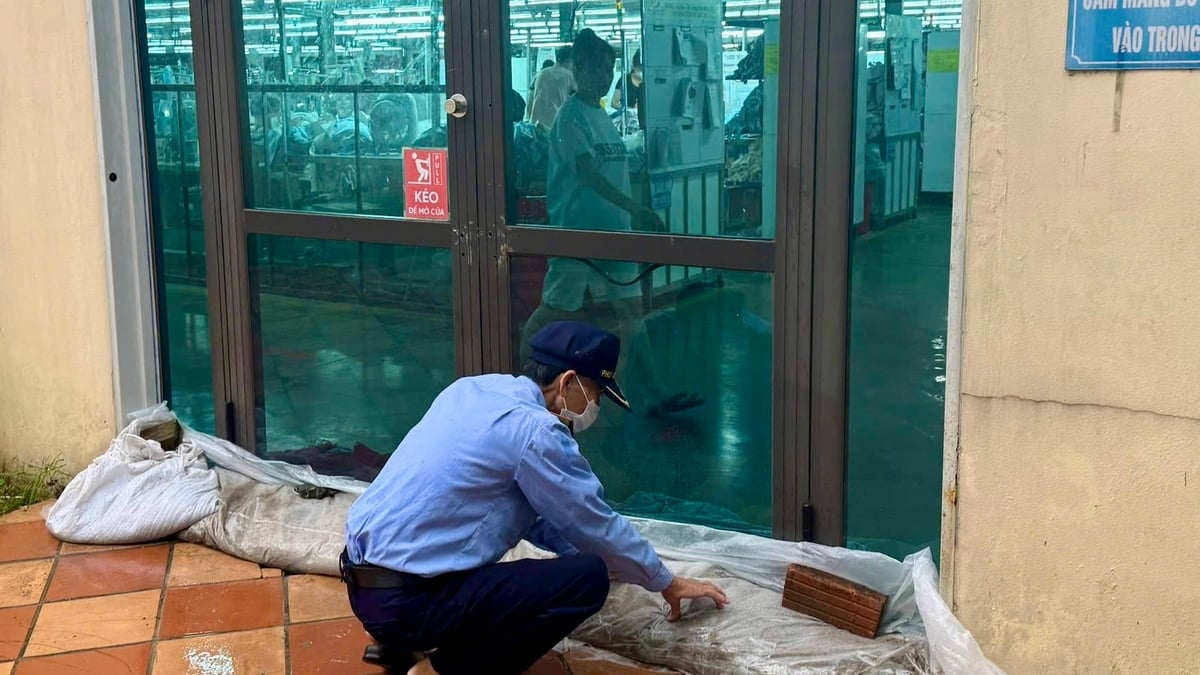























![[Photo] National Assembly Chairman Tran Thanh Man visits Vietnamese Heroic Mother Ta Thi Tran](https://vphoto.vietnam.vn/thumb/1200x675/vietnam/resource/IMAGE/2025/7/20/765c0bd057dd44ad83ab89fe0255b783)








































































Comment (0)